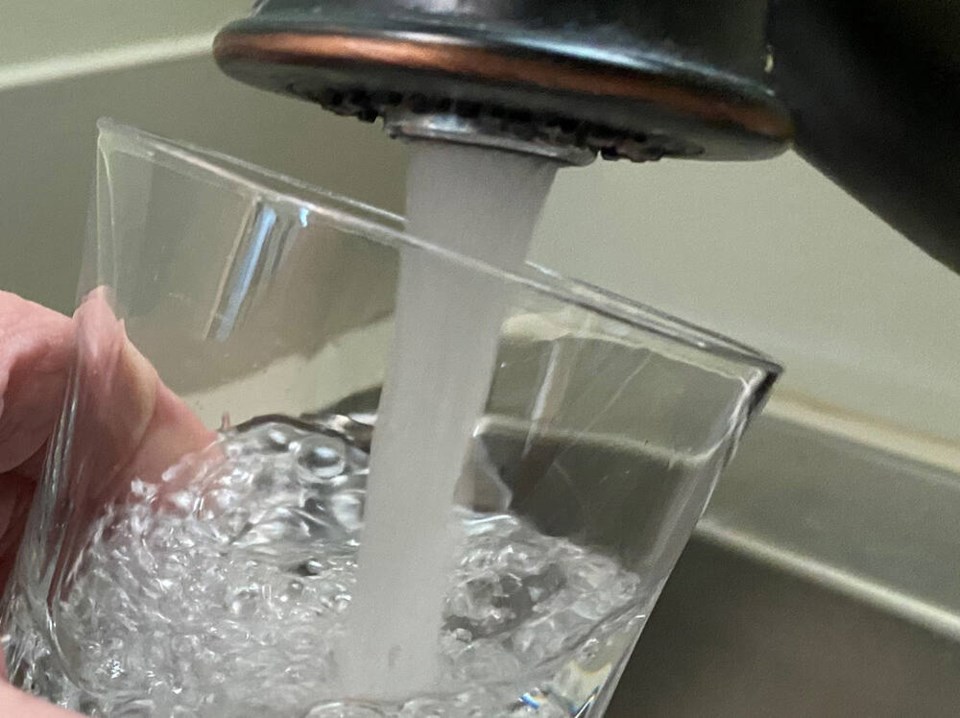The City of Delta’s annual water-flushing has begun.
To conclude April 30, the flushing process may result in Delta residents’ water supply showing sediment and discolouration.
The city advises that if sediment or discolouration appears in someone’s water, run the cold water tap at the highest point in a premises for approximately 20 minutes or until it clears.
Delta’s water system services an area of approximately 18,100 hectares including North Delta, Tsawwassen, Ladner, Tilbury, Annacis Island, Deltaport, Boundary Bay Airport and the BC Ferry Terminal.
A staff report to council last summer noted that, in 2022, Delta provided drinking water in compliance with the BC Drinking Water Protection Act and the BC Drinking Water Protection Regulation.
Staff conducted approximately 1,324 water sample tests from the city’s drinking water distribution system, which were obtained from 34 sampling stations distributed throughout Delta. Samples were tested on-site for temperature, turbidity and chlorine residual, while an additional sample was sent to Metro Vancouver’s laboratory where it was tested for turbidity, chlorine residual, heterotrophic plate counts, total coliform bacteria and E.coli.
In addition, tests for metals, vinyl chloride and disinfection by-products were conducted at several sampling sites, while detailed physical and chemical analysis were performed on the artesian well water sourced from Watershed Park.
Based on the testing results from the program, Delta’s drinking water met the provincial requirement.
The report also noted that of the samples taken, none tested positive for E.coli., however, one tested positive for total coliforms. The city subsequently retested with a negative result, the report added.
Meanwhile, there are currently approximately 76 km of asbestos cement (AC) pipe being used in the municipal water system, but the city does not test for asbestos in the drinking water.
Engineering director Steven Lan told the Optimist last year that the City of Delta operates the potable water system in compliance with applicable provincial and federal regulations, and follows Health Canada’s Guidelines for Canadian Drinking Water Quality.
Those guidelines advise that there is no evidence of adverse health effects from exposure to asbestos through drinking water and Health Canada has not adopted any guideline values.
Delta’s water operations include repairing watermain breaks, annual watermain flushing, weekly water quality sampling, water valve maintenance, fire hydrant maintenance and other items.
The water operations costs are offset by water service connection fees, inspection fees and other charges. The water capital program contains funding for water infrastructure renewal, including watermain replacements/upgrades, pump stations, water meters and various other water capital items.
When it comes to the ongoing replacing of pipes, Delta has an annual program to replace aging water infrastructure including AC pipe. Between 2017 and 2021, the city has replaced approximately 13 km of watermain, of which four km were AC pipe.



